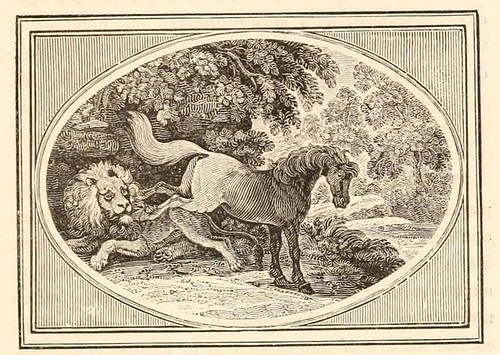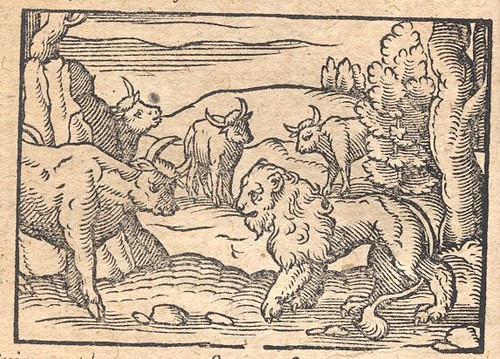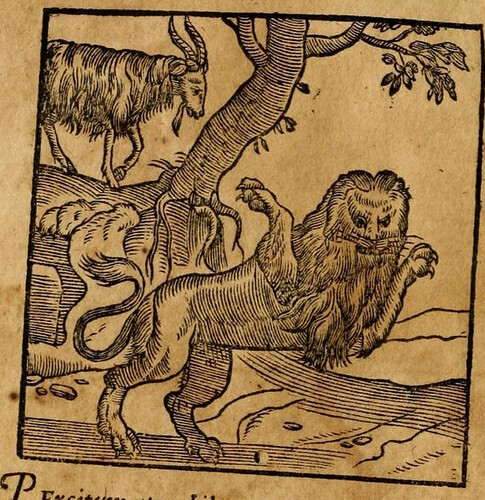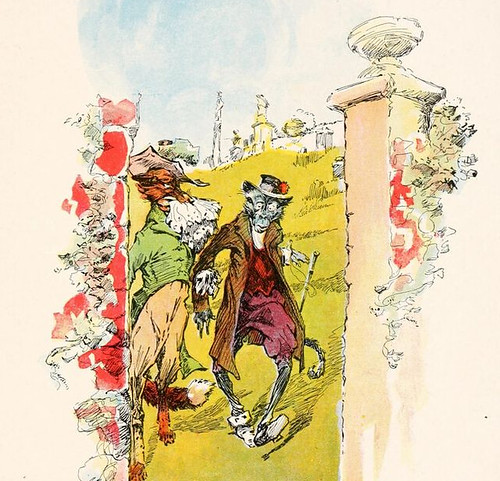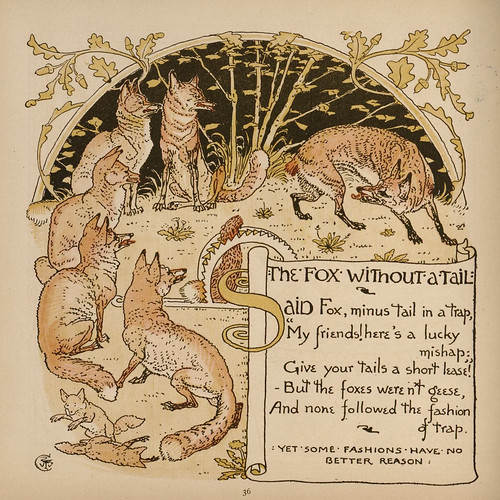HODIE: pridie Kalendas Iulias.
MYTHS and LEGENDS: The art image for today's legend shows Heracles and the Amazons; you can also see the legends for the current week listed together here.

TODAY'S MOTTOES and PROVERBS:
TINY PROVERBS: Today's tiny proverb is: Experientia docet (English: Experience teaches).
3-WORD MOTTOES: Today's 3-word verb-less motto is In tenebris lux (English: In darkness, the light).
ANIMAL PROVERBS: Today's animal proverb is Qui cum canibus concumbunt, cum pulicibus surgent (English: Those who lie down with dogs will rise up with fleas).
POLYDORUS: Today's proverb from Polydorus is: Beatum est potius dare quam recipere (English: It is more blessed to give than to take).
PROPER NAME PROVERBS: Today's proper name proverb from Erasmus is Cum Minerva manum quoque move (English: Together with Minerva, move your hand, too; from Adagia 1.6.18 - it's an allusion to the Aesop's fable about the drowned man).
GREEK PROVERBS: Today's proverb is Γλυκεῖα ὀπώρα φύλακος ἐκλελοιπότος (English: Sweet are the fruits when the watchman is lacking).
TODAY'S FABLES and STORIES:
ANECDOTE OF THE DAY: Today's anecdote is Iuppiter et Fratres Eius, the story of Jupiter and his brothers Neptune and Pluto.
FABULAE FACILES WIDGET: The fable from the Fabulae Faciles widget is Vulpes Sine Cauda, a story of how "misery loves company" (this fable has a vocabulary list).
AESOP IN ENGLISH VERSE: Today's fable from the English verse widget is The Eagle and the Snail, the story of a high-climbing snail.
MILLE FABULAE WIDGET: The fable from the Mille Fabulae et Una widget is Sus Parturiens et Lupus, the story of the wolf who wanted to play midwife to the sow.
MILLE FABULAE: Here's a favorite fable from Mille Fabulae et Una: Leo Amatorius et Silvanus , the sad story of the lion in love with a woman: Leo silvani cuiusdam filiam perdite amavit et patrem virginis sollicitabat ut illi virgo in matrimonium daretur. Respondebat silvanus filiam esse tenellam et delicatulam virginem et numquam hamatos eius ungues dentesque passuram. Passus est igitur leo dentes et ungues evelli ut virgine frueretur. Quod cum vidisset pater, fustibus leoni involabat et longius imbellem abigebat. Fabula indicat vesaniam inutilis amoris, propter quem pretiosissima perdimus et captivitatem patimur.














